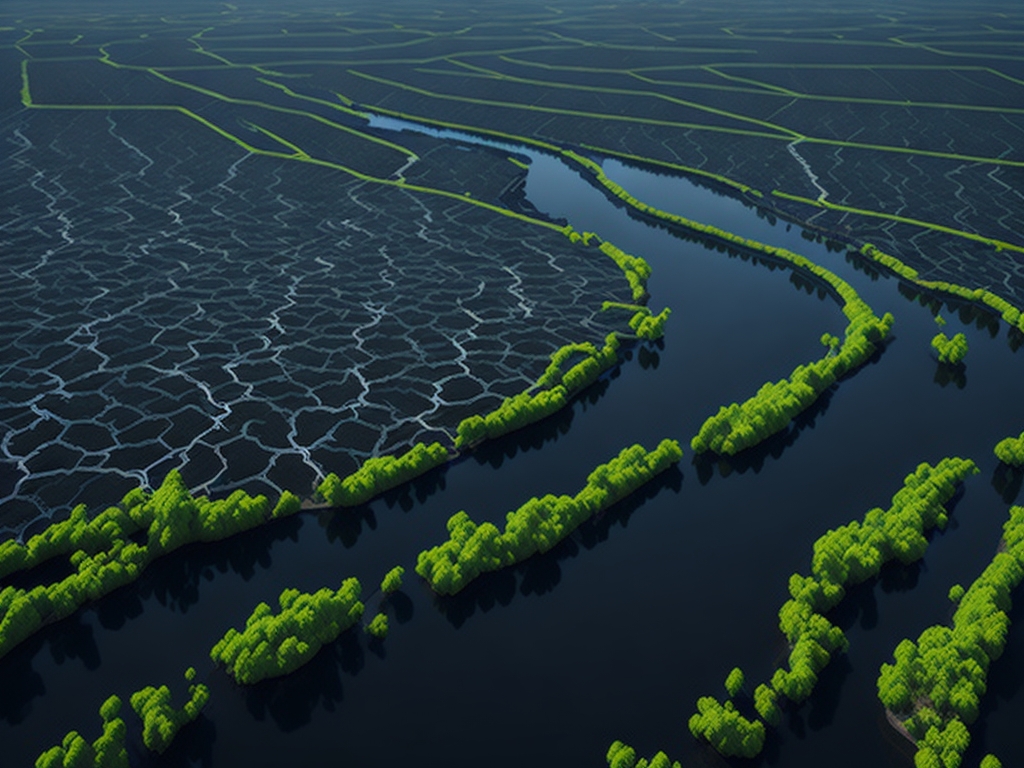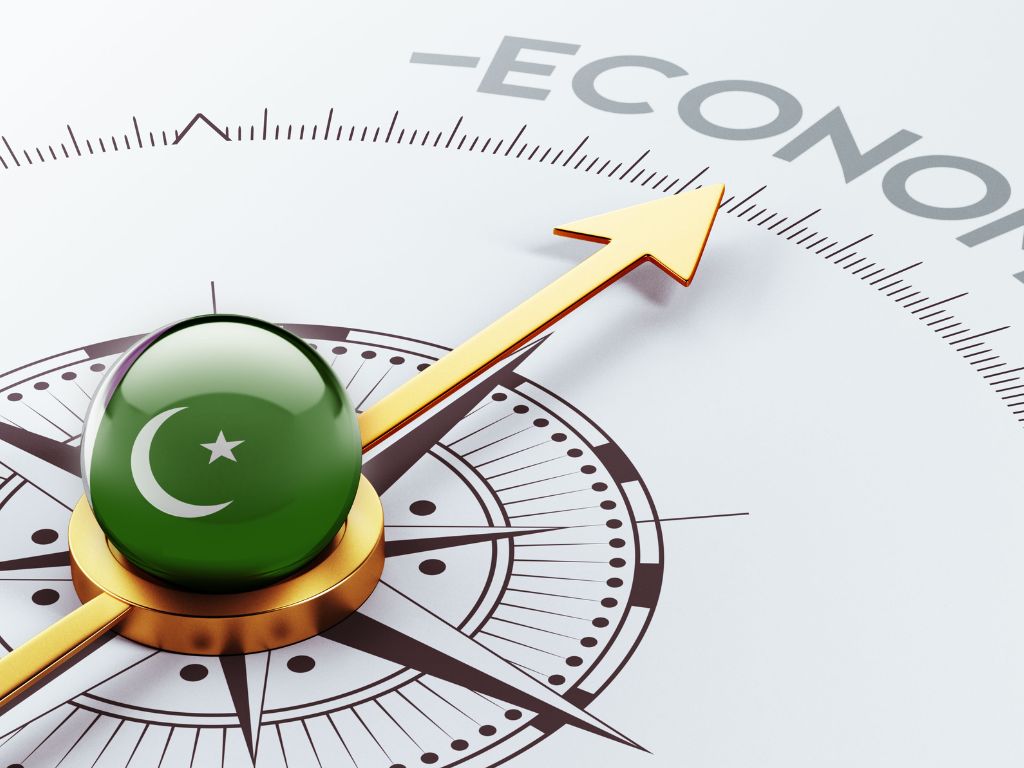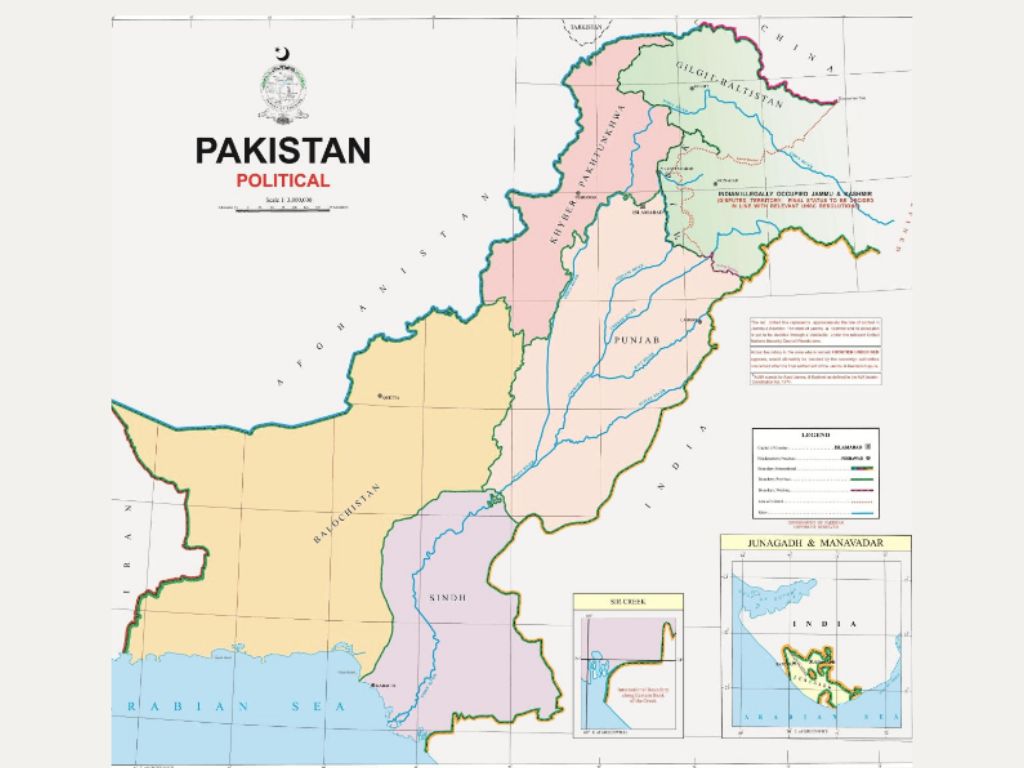Pakistan Bulletin
Up-to-date and informed analyses of key issues of Pakistan.
The Road to Climate Resilience
July, 2023




Climate change has come to hold a pivotal place in Pakistan’s political discourse. The writer argues that the climate emergency demands responses beyond the jurisdiction of carbon fueled capitalism. Pakistan needs to reimagine its existing pursuits of economic growth, translating into constructive policy shifts, including a transition in the energy sector.
At the 27th session of the Conference of Parties to the UNFCCC in Sharm El Sheikh, Egypt in November 2022, Pakistan’s Minister for Climate Change, Sherry Rehman, spoke of climate injustice and vulnerable populations impacted by the floods in Pakistan. The Pakistan delegation played a pivotal role in shaping the international discourse on climate colonialism and reparations, and thereby in the establishment of ‘Loss and Damage Fund’ to provide relief to most vulnerable countries impacted by climate fueled disasters.
Climate Change, once on the peripheries of Pakistan’s political debates, today holds an important place in the country’s political discourse. In the last decade, Pakistan has come a long way in terms of devising policies and building governance capacity to respond to the enormity of climate change. Primarily, environment became central to the political campaigns in the 2013 national elections. As a result, the Billion Tree Tsunami Project was initiated in the province of Khyber Pakhtunkhwa in 2014, which was later expanded to the entire country as the Ten Billion Tree Tsunami project in 2018. While this may have been rooted in early Western understandings of environmentalism, the recent developments in outlining the challenge of climate stress in terms of climate justice towards vulnerable populations is reflective of the evolution on a decolonial discourse of climate change in Pakistan. Nonetheless, reflections by the Government officials on last year’s floods indicate that the country has to move beyond the rhetorical realm, and take concrete measures in terms of policy shifts to adapt to climate change.
"Climate Change, once on the peripheries of Pakistan’s political debates, today holds an important place in the country’s political discourse. In the last decade, Pakistan has come a long way in terms of devising policies and building governance capacity to respond to the enormity of climate change."
The climate emergency demands responses that are beyond the jurisdiction of carbon fueled capitalism. It means that as a country of the Global South, Pakistan needs to reimagine its existing pursuits of economic growth, translating into constructive policy shifts. One such transition is required in the energy sector. Pakistan faces a great challenge of energy insecurity, where it is hugely dependent on fossil fuel imports for its energy consumption. To reduce this dependency, Pakistan is taking steps towards addressing its energy insecurity. In November 2022, the Prime Minister, on his visit to the Thar Coal Mines, termed the project as a ‘game changer’ for the development of the country. The Thar Coal Project is said to benefit Pakistan by substituting imported energy (petrol and liquid petroleum) with indigenous energy reserves of lignite coal in Thar.
Pakistan faces a dichotomy in finding solutions within the boundaries of hydrocarbon based models of growth; on the one hand projects like the Thar Coal Project are seen to bring growth and development (that does not take into account the bleak reality of climate stress), on the other hand, such extractive projects in the peripheries of the country are disruptive of local ecologies, further exacerbating climate change, where extractive development processes are leading to eroding of ecologies and local cultures. Although economic growth is often seen in congruence with fossil fuel-based economies, in order to address the climate emergency, Pakistan will need to reconsider its patterns of growth, and how the state wants to pursue energy self-sufficiency in the long run.
In the long run, Pakistan aims to shift to clean energy. The country has been ambitious in outlining that it aims to transition to clean energy by 60% by 2030 (Vision 2030). Considerable measures have been taken in this regard. For example, new hydro power plants are being established; Pakistan established the ‘Quaid e Azam Solar Power Park’, one of the world’s largest solar parks in Cholistan desert in South Punjab. Furthermore, the choice of electric cars is now available to Pakistani consumers, with the Government aiming to have 30% electric vehicles by 2030. However, these are aspirational goal at the moment given the current political and economic crisis. Furthermore, a shift to clean energy means dismantling the tectonic plates of the carbon-based economies to transition to ecofriendly sources. This will not be achievable without climate coalitions, and technology transfers from the Global North to countries like Pakistan. Given the overall economic challenges, this appears to be a steep and long road ahead.
Today, the manifestations of climate change are variously visible in Pakistan. Climate change does not present itself as just an apocalyptic event like the floods of biblical proportions in 2022 that submerged more than half of the country under water, but the climate disaster is a slow disaster. From unprecedented heatwaves that have become an everyday reality for many parts of Pakistan, fueled by unsustainable development measures, to the slow melting of glaciers in the Northern parts of the country, Pakistan’s vulnerability to climate change is extremely high.
The climate emergency demands responses that are beyond the jurisdiction of carbon fueled capitalism. It means that as a country of the Global South, Pakistan needs to reimagine its existing pursuits of economic growth, translating into constructive policy shifts.
Pakistan contributes less than 1% of the total global carbon emissions, yet, it is among the top ten countries most vulnerable to climate change. In order to take meaningful steps to adapt to the reality of climate stress, the narrative must shift to take more ownership of the future direction the country will need to take; one where Pakistan is among the most vulnerable countries to climate change, but also the acceptance that it is least prepared to cope with climate catastrophes. This is a consequence of the failure to consistently execute and implement policies in the long run. Climate resilience is not inherent in any society, but depends on sensible planning and capacity building, based on sustainable development.
Pakistan has come a long way in establishing a centralized discourse on climate change. Not only that, the country has successfully advocated for climate justice for the developing world. With its rich geographical diversity, communities are variously impacted given multiple visibilities of climate change in the country. Therefore, to translate the national discourse into meaningful policy directives, climate change has to be viewed from the lens of a local problem. It is a local emergency that requires the development of well-planned local adaptation plans, and letting go of the development imaginary that is based on carbon-fueled capitalism with its false promise of infinite growth.
Tajreen Midhat
Author
Tajreen Midhat is Lecturer Social Development and Policy at Habib University. She holds M.A. in
Globalisation and Multinational Corporations, SOAS, University of London, London.

Get the latest news and updates from our team
- YOU MIGHT ALSO LIKE




